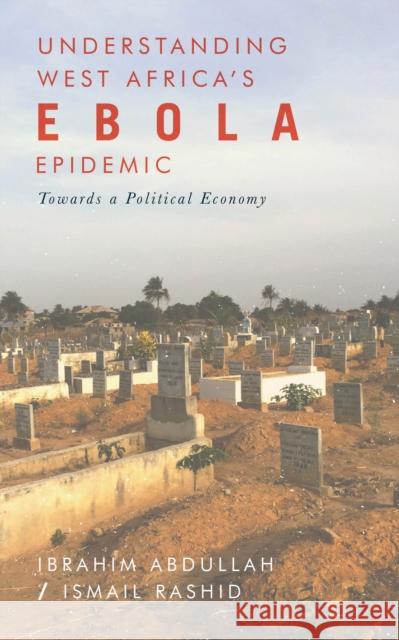Understanding West Africa's Ebola Epidemic: Towards a Political Economy » książka
Understanding West Africa's Ebola Epidemic: Towards a Political Economy
ISBN-13: 9781786991683 / Angielski / Miękka / 2017 / 344 str.
From 2013 to 2015, over eleven thousand people across West Africa lost their lives to the deadliest outbreak of the Ebola virus in history. Crucially, this epidemic marked the first time the virus was able to spread beyond rural areas to major cities, infecting tens of thousands and overturning conventional assumptions about its epidemiology. With backgrounds ranging from development to disease control, the contributors to this volume, many of whom are based in countries affected by the Ebola epidemic, consider the underlying factors that shaped this unprecedented outbreak.
While championing the heroic efforts of local communities and international aid workers in halting the spread of the disease, the contributors also point to deep structural problems in both the countries affected and the humanitarian agencies involved that exacerbated the epidemic and hampered the effort to contain it. Alarmingly, they show that little has been learned from these events, with health provision in these countries remaining chronically underfunded and poorly equipped to deal with future outbreaks. Such issues, they argue, reflect the wider challenges we face in tackling epidemic disease in an increasingly interconnected world.











